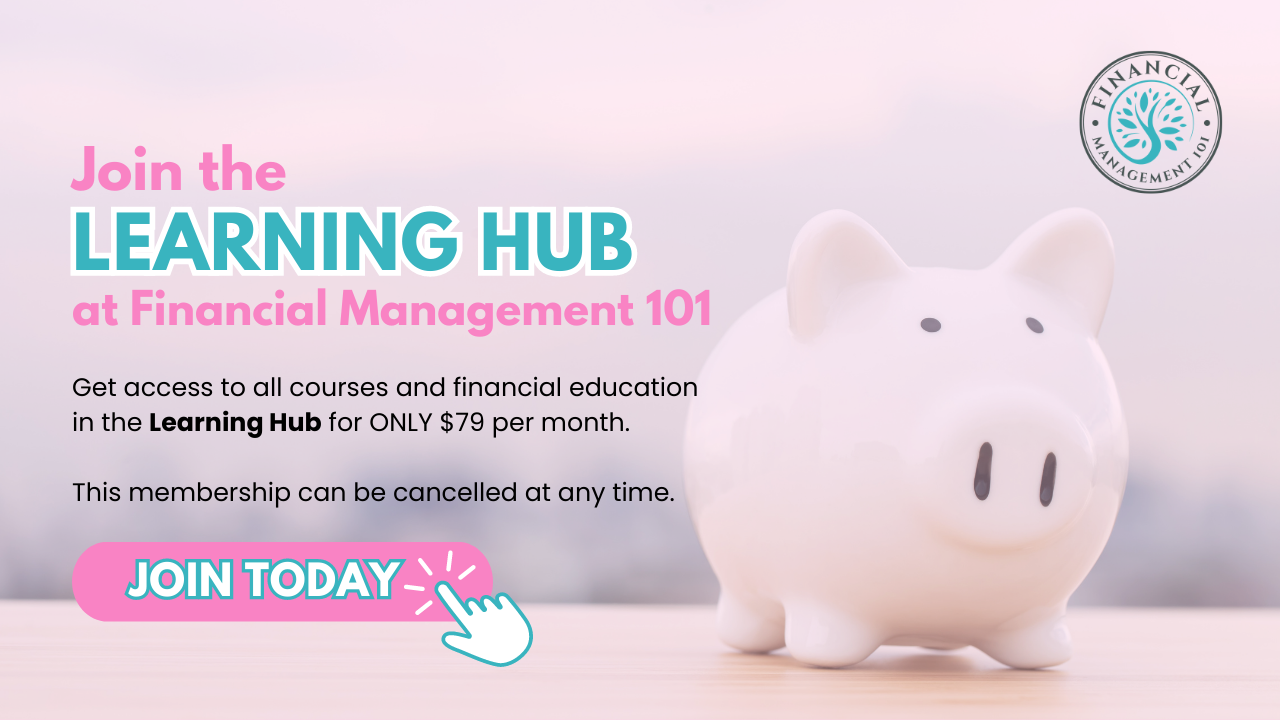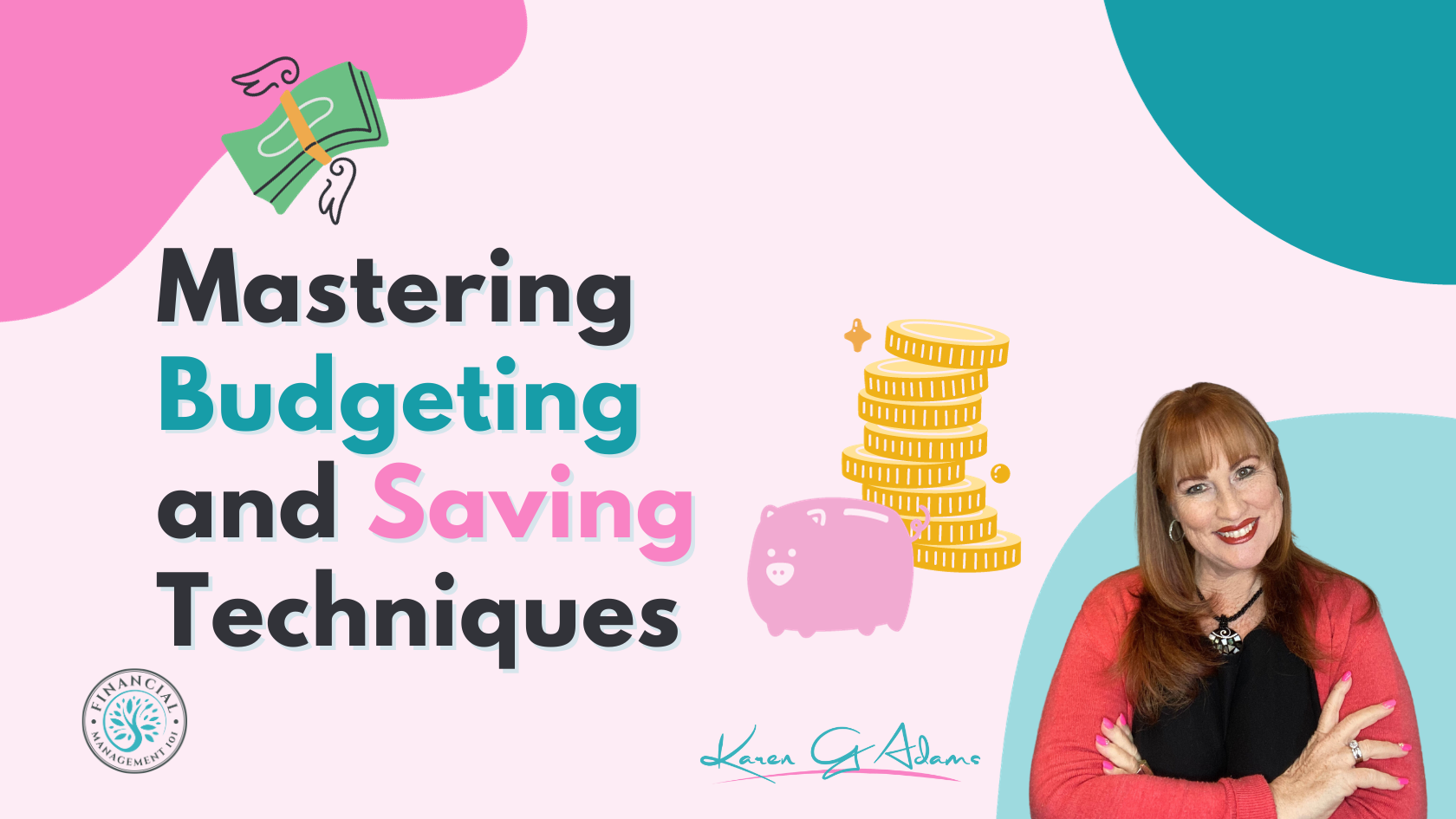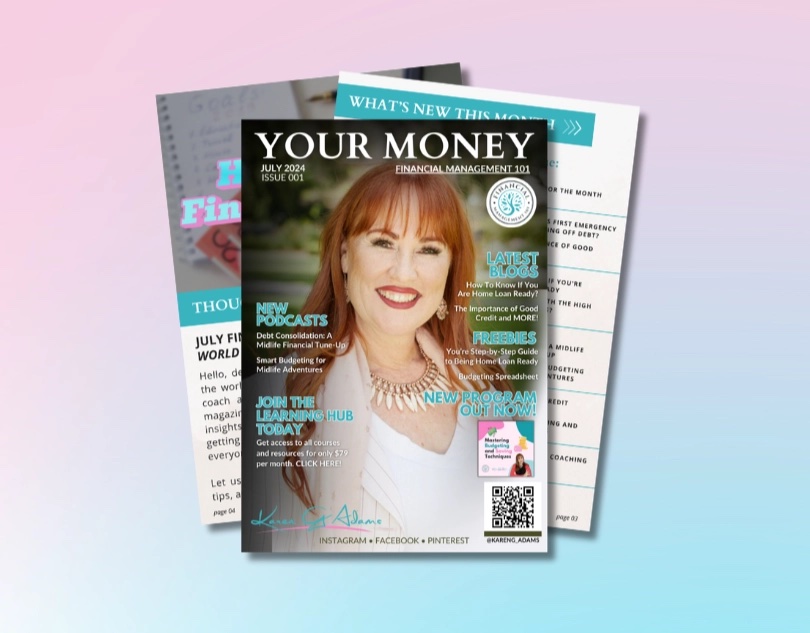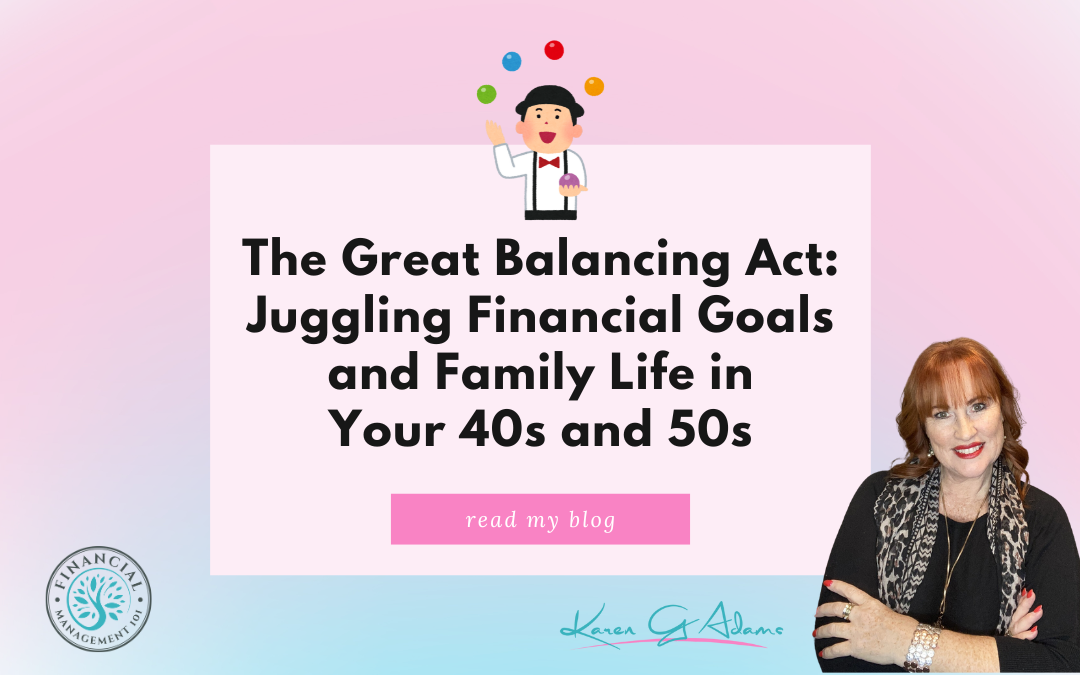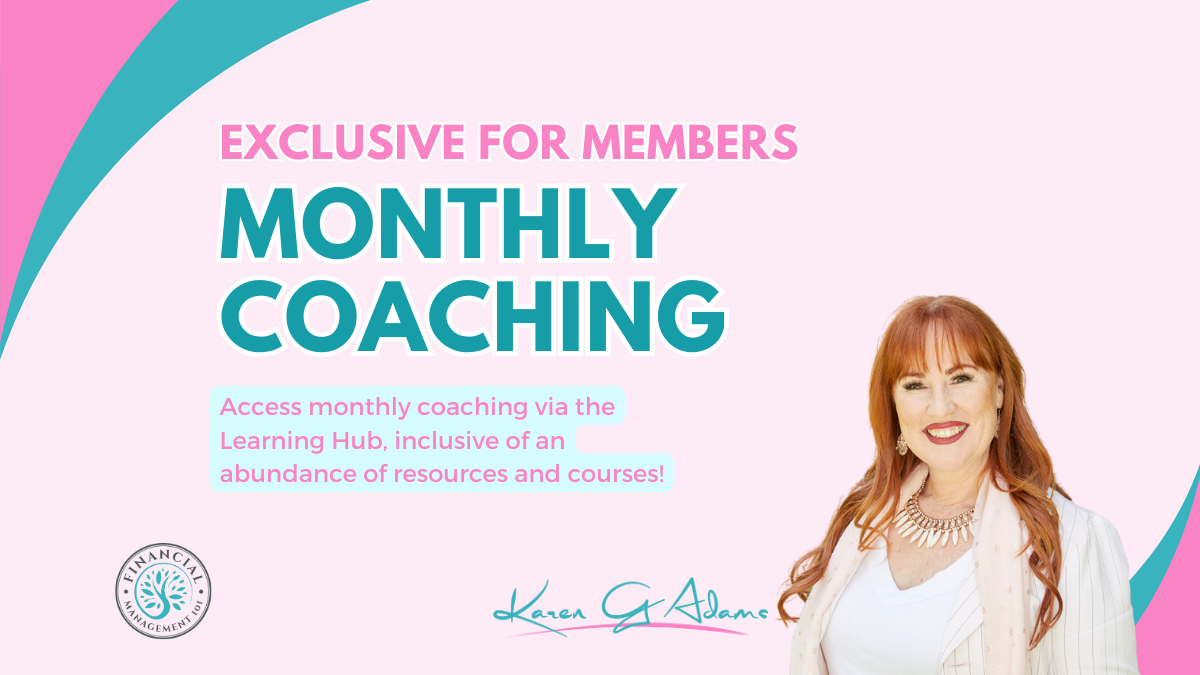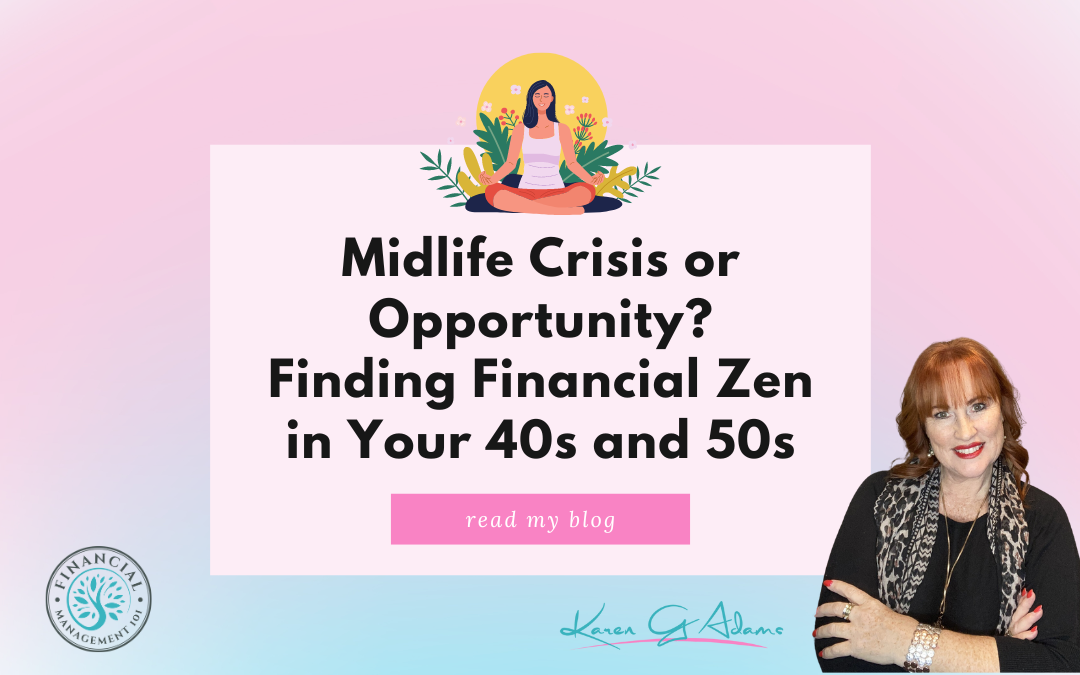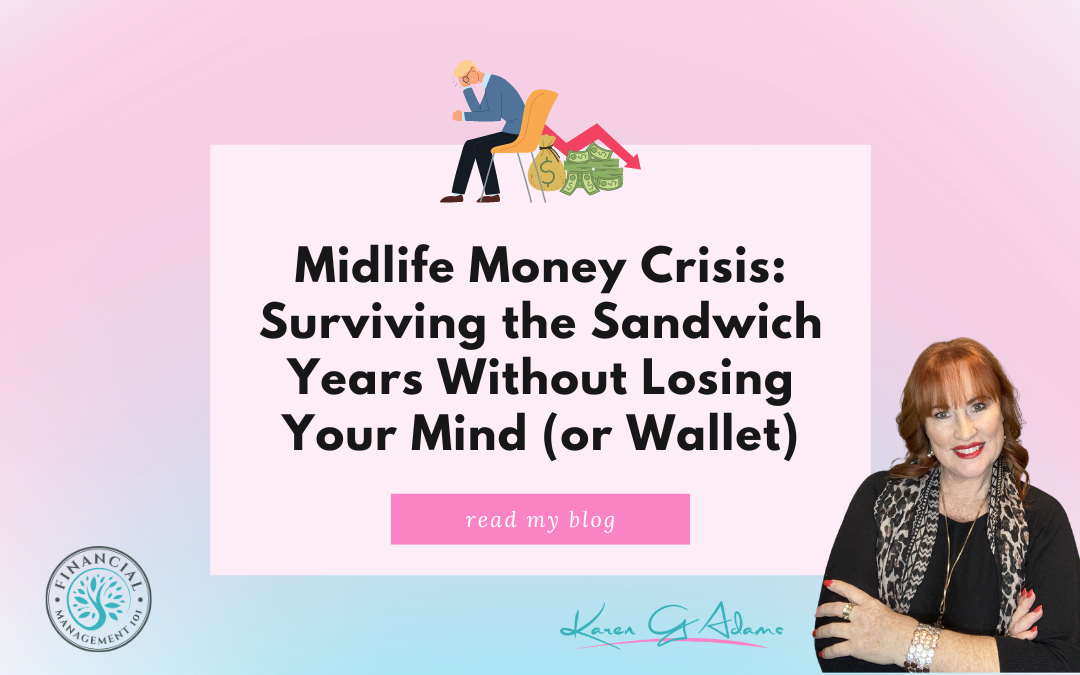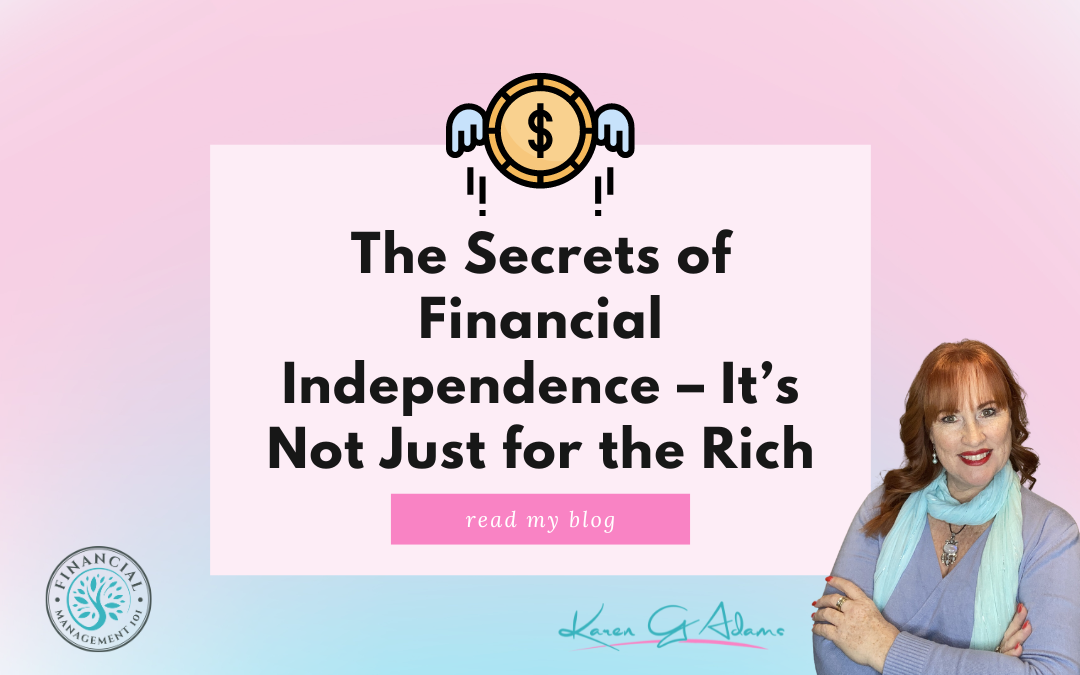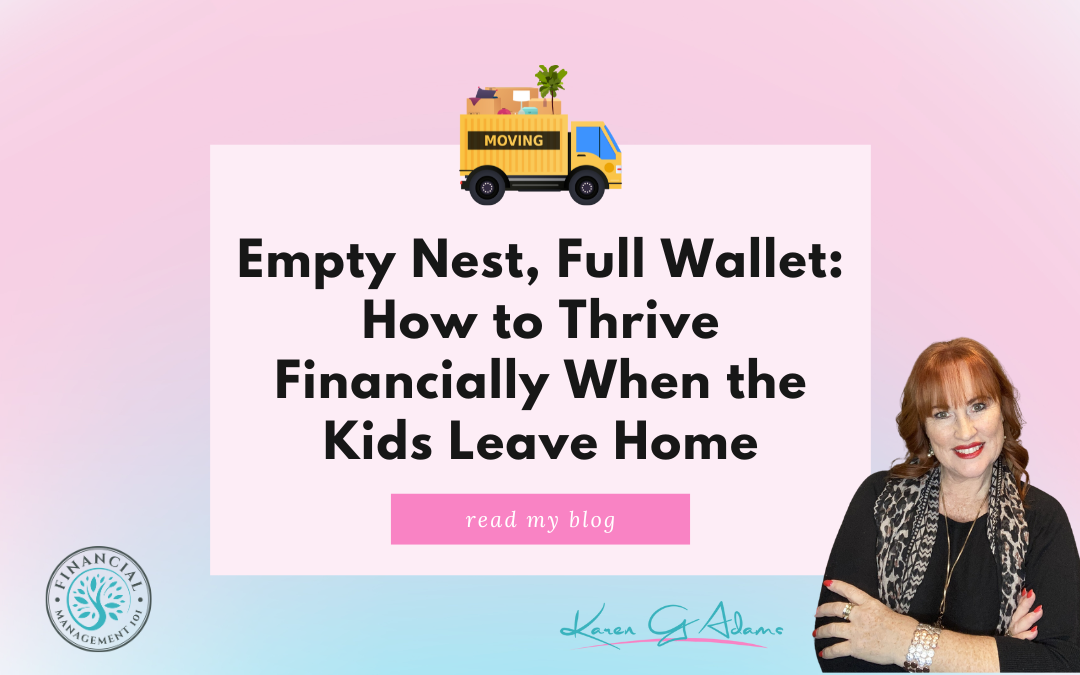
Empty Nest, Full Wallet: How to Thrive Financially When the Kids Leave Home
Ah, the empty nest—a time of mixed emotions. On one hand, you’re sad to see your kids go; on the other hand, you’re secretly excited about the extra closet space and lower grocery bills. But what about your finances? With the kids out of the house, it’s the perfect time to reassess your financial situation and set yourself up for a thriving future. Let us get started, with a healthy dose of humour to keep things light.
However, a side note: if you’ve still got your adult kids at home, then this may still be relevant, especially if your kids are working and earning an income, which can now contribute to the household to help out with the bills and groceries.
1. CELEBRATE YOUR FINANCIAL FREEDOM
First things first, take a moment to celebrate. You’ve raised your kids and launched them into the world—no small feat! Now, it’s time to focus on you. Review your budget and make adjustments to reflect changes in your household. With fewer expenses, you may find more money to put towards your financial goals. Give yourself a small reward for all your hard work. You’ve earned it!

2. TURBOCHARGE YOUR RETIREMENT SAVINGS
With the kids out of the house, if not, it is still time to ramp up your retirement savings. Increase your contributions to your retirement accounts. If you’re over 50, take advantage of catch-up contributions. Review your investment portfolio and ensure it aligns with your retirement goals. Consider consulting with a financial advisor to optimise your strategy. Remember, the goal is to ensure a comfortable and secure retirement.
3. DOWNSIZE OR RIGHT-SIZE YOUR HOME
If you are lucky and the kids have left, you might find your house feels a little too big. Consider downsizing into a smaller, more manageable home. This can free up equity, cut maintenance costs, and lower utility bills. If downsizing is not an option, consider right-sizing—making changes to your current home to better meet your needs. Whether it’s converting a bedroom into a home office or creating a cosy guest room, the goal is to make your home work for you.

Consider downsizing into a smaller, more manageable home. This can free up equity, cut maintenance costs, and lower utility bills.
4. PAY OFF DEBTS: THE EMPTY NEST ADVANTAGE
Use this time to pay off any remaining debt. With fewer expenses, you can allocate more funds towards debt repayment. Focus on high-interest debt first, then tackle other liabilities. Becoming debt-free is a huge milestone that can provide financial peace of mind. Plus, it frees up resources to enjoy your newfound freedom and pursue your passions.
5. TRAVEL AND EXPLORE: THE WORLD IS YOUR OYSTER
With fewer responsibilities at home, now is an ideal time to travel and explore. Make a travel budget and plan trips to suit your financial situation. Look for deals and discounts, and consider travelling during off-peak hours to save money. Travelling, whether for a weekend getaway or a dream vacation, can enrich your life and leave you with lasting memories. Just remember to budget for it; no one wants to come home to a pile of credit card bills.
6. PURSUE NEW HOBBIES AND INTERESTS
With more time on your hands, why not explore new hobbies and interests? Whether it’s gardening, painting, or learning a new language, investing in yourself can be incredibly rewarding. Budget for your hobbies and look into low-cost options. Many communities offer free or low-cost classes and events. Plus, engaging in activities you love can boost your happiness and overall well-being.
7. REVISIT YOUR INSURANCE NEEDS
Your insurance needs may have changed now that the kids are gone. Review your life, health, and home insurance policies. Ensure you have enough coverage without overpaying. Consider increasing your health insurance coverage as you age, and look into long-term care insurance options. The goal is to protect yourself without unnecessary expenses.
8. ESTATE PLANNING: SECURE YOUR LEGACY
Now is a great time to review your estate planning. Ensure your will, power of attorney, and healthcare directive are up-to-date. Consider creating a trust to protect your assets and provide for your loved ones. Discuss your plans with your family to avoid any surprises. Working with an estate planning attorney can give you peace of mind and ensure that your wishes are followed.
9. VOLUNTEER AND GIVE BACK
With more free time, think about giving back to your community. Volunteering can bring a sense of purpose and fulfilment. Look for opportunities that match your interests and skills. Giving back, whether through mentoring young professionals, volunteering at a local charity, or participating in community events, can enrich your life and have a positive impact.

10. STAY CONNECTED WITH YOUR KIDS (WITHOUT BANKROLLING THEM)
Just because the kids are out of the house doesn’t mean they’re off the payroll. Set clear guidelines and expectations for financial assistance. Encourage your children to develop financial independence while still providing guidance and support. Stay in touch through regular communication and visits, but avoid becoming their personal ATM. Teaching them financial responsibility is one of the most valuable gifts you can give.
Congratulations on achieving the empty nest stage! You can thrive financially and enjoy this exciting new chapter by celebrating your financial freedom, increasing your retirement savings, downsizing, paying off debt, travelling, pursuing new hobbies, reviewing your insurance needs, securing your estate, giving back, and staying connected with your children. Now, enjoy your empty nest—you have earned it!
Are your kids still at home? Do you struggle to create and stick to a budget, consistently overspends, or live paycheck-to-paycheck? Do you have existing debts from multiple sources or high-interest loans? Or do you have little to no savings and hasn’t established an emergency fund? Then, I got you!
The Learning Hub at Financial Management 101 can help you address these problems so that you can live a happy and satisfying life without financial struggles! The Learning Hub at Financial Management 101 promotes long-term financial stability, provides insights into wealth-building strategies, and equips you with the skills to adapt to economic changes.

